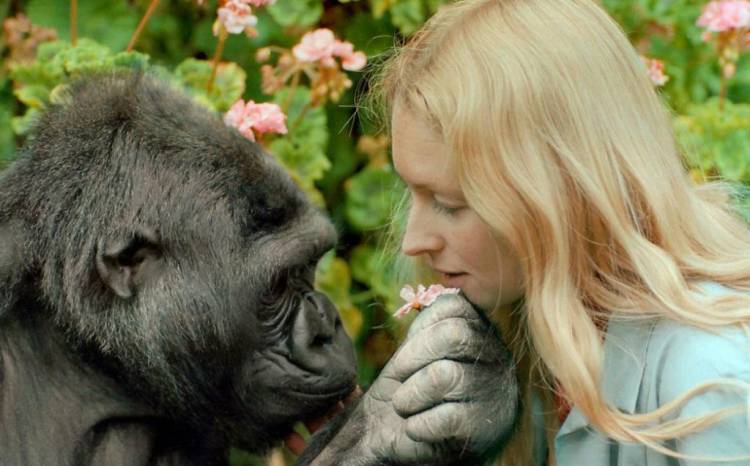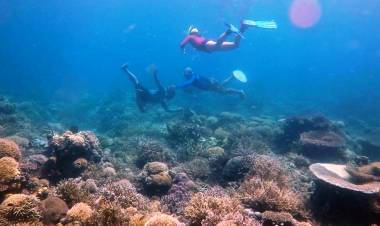Social conduct of western marsh gorillas
Another examination distributed in the diary Proceedings of the Royal Society B: Biological Sciences uncovers one of the riddles identified with the social conduct of the western marsh (gorilla) in the core of the African central rainforest. These primates demonstrate a dynamic social structure - people change regularly between families-with a high level of resilience and quiet concurrence among the individuals, as indicated by the new article which relies on the support of the specialists José Domingo Rodríguez Teijeiro, Magdalena Bermejo, Guillem Molina-Vacas, from the Faculty of Biology and the Biodiversity Research Institute of the University of Barcelona (IRBio).
As per the creators, this social conduct may have assumed a vital job in the transformative story of the species, facilitating the trading of data and a superior misuse of trophic assets. Be that as it may, this social elements may have intensified the effect of some irresistible maladies in the number of inhabitants in gorillas, specialists caution. In this unique situation, plague Ebola infection episodes, which influenced the primate populace in Congo somewhere in the range of 2002 and 2004, caused the vanishing of 95 % of this chimp, making this species be in basic peril of elimination as per the Red List of compromised species by the International Union for the Conservation of Nature (IUCN).
In the new examination, did in the Ngaga Forest in the Republic of the Congo, relies on the interest of German Illera (Great Apes Conservation/Research Odzala-Lossi and SPAC gGmbH, Republic of the Congo), Giovanni Forcina, Rubén Bernardo-Madrid, Eloy Revilla and Carles Vilà (Doñana Biological Station EBD-CSIC) and different specialists of the University of Rennes (France).
After the western marsh gorillas in the core of the timberland
The biology and conduct of the western marsh gorilla inside the tropical backwoods was a riddle up until now. Since the main logical examinations began, contrasts between the conduct of these two African primates were known: the western swamp (gorilla) - living in rainforests around the bowl of the River Congo-and the mountain (gorilla beringei), a superior considered primate in the volcanic mountainsides of the African Rift. Right now, chasing and pandemics jeopardize the survival of wild populaces of these primates which share over 98% of hereditary material with the human species.
In contrast to the mountain gorilla, which has forceful and rare associations between families, the western swamp gorilla was known to have visit and quiet cooperation between individuals from the families. In any case, due a low perceivability inside the woodlands, western marsh gorillas that had been concentrated in bais, average open clearings which are the gathering point for groups of the species to nourish from plants wealthy in mineral salts.
As a component of the investigation, the specialists led a logical observing more than five years to three groups of the western swamp gorilla in a similar heart of the Congo backwoods. As per the ends, collaboration between people from various families is normal and serene so the people eat and play together without any indications of hostility.
With respect to, specialists profiled a picture of the social structure and parentage relations of in excess of 120 gorillas through the hereditary examination of excrement tests assumed control four months - in families and single people in the Ngaga woods.
A dynamic social structure without any records of child murders
Information show families have a dynamic social structure in which people direct incessant changes among family gatherings. Youthful people are more often than not outside the family and enter incidentally other family bunches in which they have no nearby relatives. This social conduct could be connected to the absence of child murder records in this species, specialists note.
This new investigation demonstrates the picture of a secluded society included by the presence of solid ties which don't stay away from the exchange of people between various families and a high level of resistance between their individuals. The consequences of this examination demonstrate the significance of supplementing in situ checking contemplates with non-obtrusive hereditary investigation to discover the structure and social elements in creature species which are difficult to approach. In the meantime, ends feature the significance of social conduct in sickness transmission and the advancement of compelling preservation techniques over the long haul.

 admin
admin 



















Comments (0)
Facebook Comments (0)